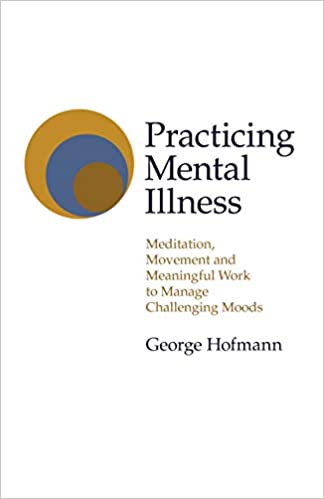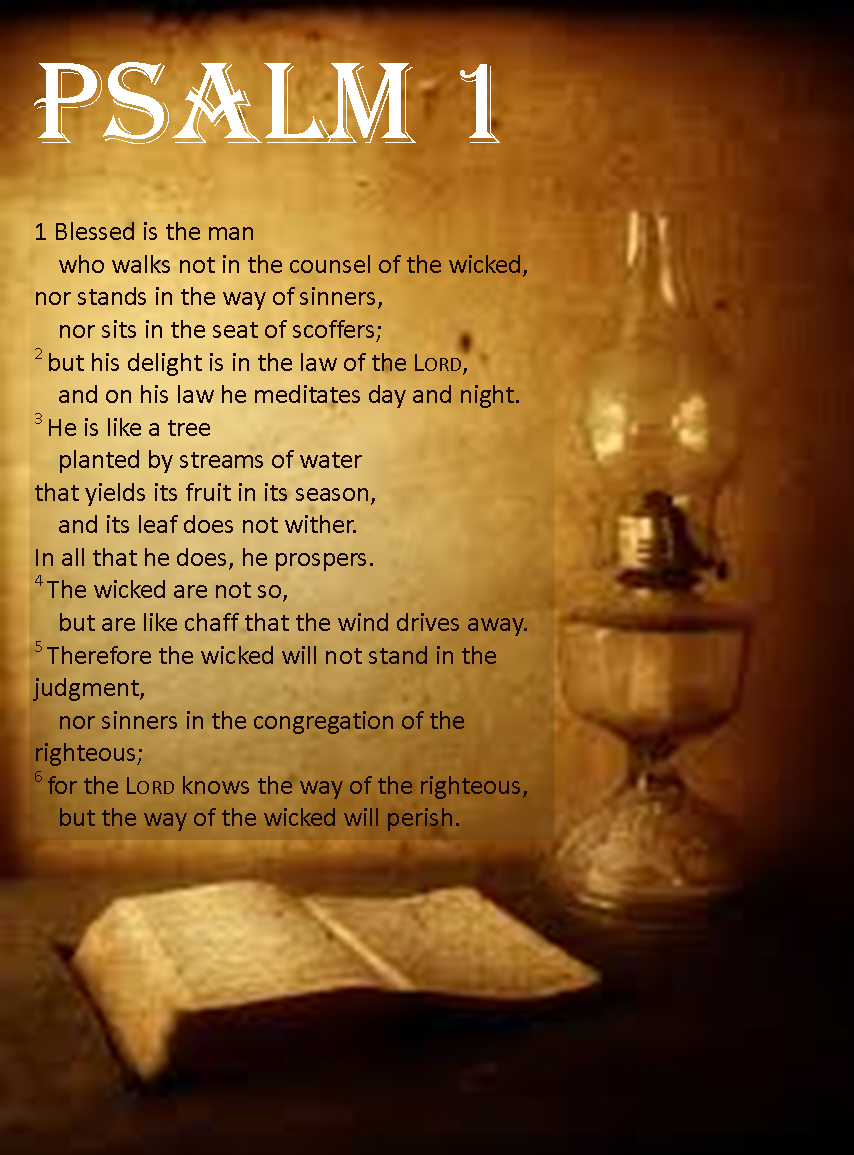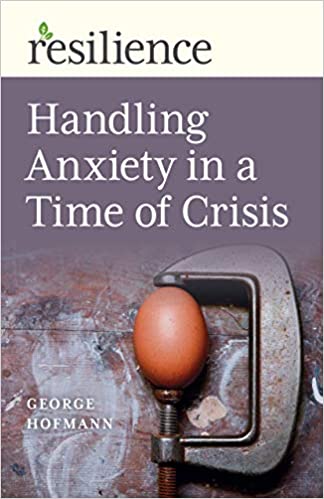I pray, and look to scripture, and consider our role as people on an ever-changing planet as residents in and stewards of creation.
Perhaps the best way to approach human flourishing is to visit a museum dedicated to civilizations’ demise.
Meditation, Movement and Meaningful Work to Manage Challenging Moods
Practicing Mental Illness is a guide to using meditation, movement and meaningful work to help manage affective disorders such as depression, bipolar disorder and anxiety. Not a typical book on mindfulness, it acknowledges where mindfulness practices as taught today can be helpful, and where methods and teachings in popular mindfulness can be very damaging to people with mental illness.
Most years, sometime during the season of Lent, Jewish people observe Passover. I knew a little bit about it, but I learned a lot more at a friend’s son’s Bar Mitzva last week. The weekend of this Bar Mitzva included the Sabbath of the red heifer. I listened transfixed as the Rabbi spoke about it.
I teach meditation as an adjunct therapy for mood disorders, and I get a surprising amount of pushback from a sizeable group of people. Many of these people have a strong faith in God and are skeptical of therapies that we in mental health see as only helpful.
The influence and importance of religion on community and morality will always be apparent and easy to debate. The personal experience of the practitioner can never be so and must be taken on faith.
We must call on our faith to develop more than just understanding - we must practice empathy. In the words of Howard Thurman, “it is a grievous blunder to assume that understanding is always sympathetic.” Christ did not say, “understand your neighbor.” He said, “love thy neighbor as thyself.”
While you can choose to believe in anything, I think faith requires a little more structure. Something more rigid. Something with tradition and maybe even ritual. Something with, God forbid, rules. For a while the faith we choose, or make up, is dependent on the limits of our knowledge, culture and experience, so that faith, definitively chosen, or made up, limits our expression of free will as it imposes on us rules not to be violated.
Out of the mouths of babes comes either curiosity and wonder or doubt and defiance. On either extreme the truth that emerges is always a question: “Why?”
Can a person be both a progressive Christian and a political conservative?
The Psalm introduces, but barely describes, the way of the wicked vs. the way of the righteous. The psalmist surely sings of non-believers and believers, but today I think the division is appropriate for paths that begin with and defend different interpretations of the same Word. Can they possibly end up at the same place?
It's a challenging time for people who experience anxiety, and even people who usually don't experience it are finding their moods are getting the better of them. Anxiety hits hard and its symptoms are unmistakable, but sometimes in the rush and confusion of uncertainty we miss those symptoms until it's too late.
Christianity has a long history of meditation that for many has been lost. All too often our faith is a series of bible stories and Sunday services and a notion of God taken for granted. Or we find we approach faith as an argument in which we pit ancient wisdom against post-enlightenment philosophy that insists that only things that are verifiably true have value.
I’ve been spending a lot of time with psalm 123 lately. The church I attend had a session on the theology of mental illness and this psalm speaks directly to the mindset behind the stigma that so many, like me, with serious mental illness confront.













